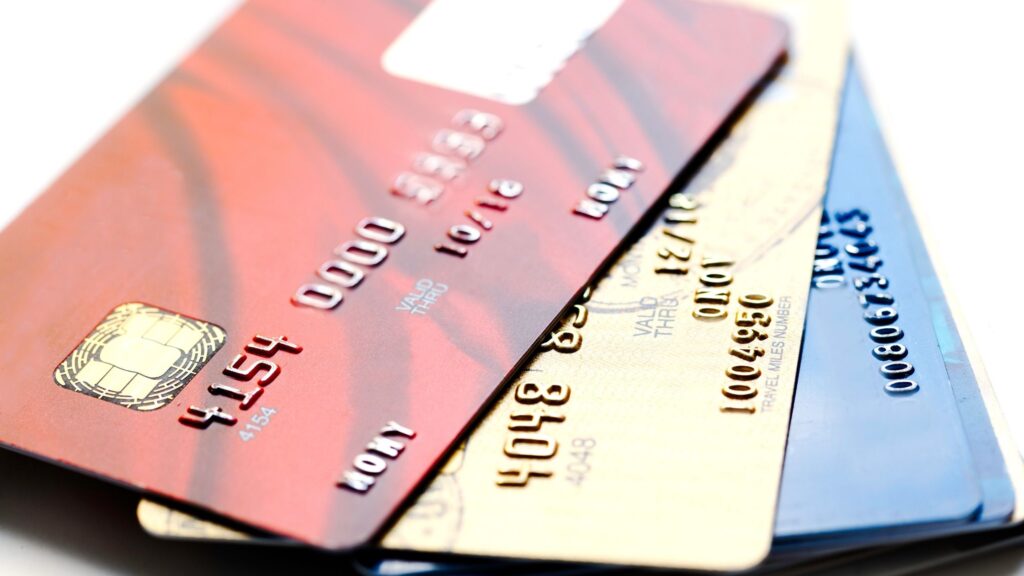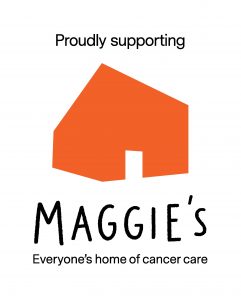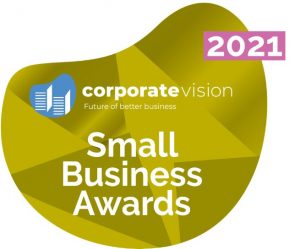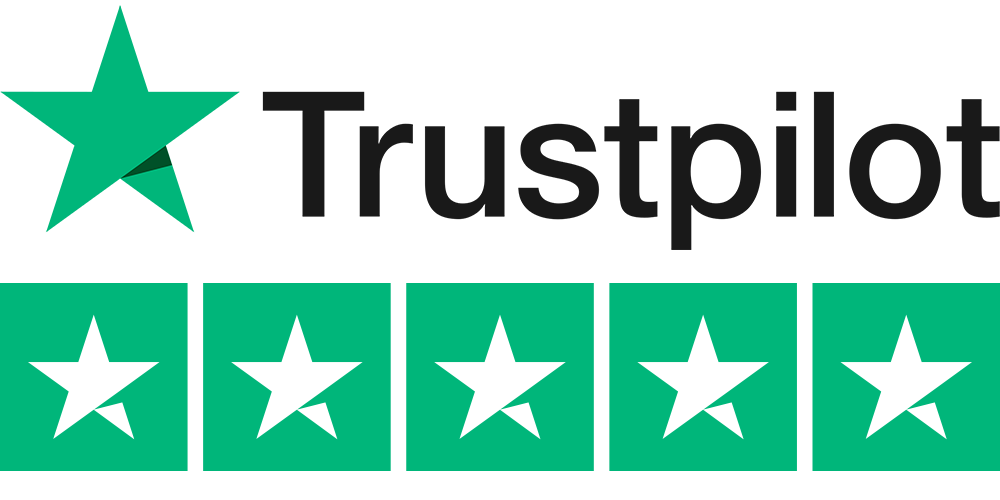*If you haven’t read part 1 of our Credit Card Debt Blog click here*
Credit cards don’t have to be a problem…
In fact, when used correctly, a credit card can help with things like:
- spreading the cost of purchases
- earning rewards
- managing debt
- building your credit score
Different cards do different things (as explained in part 1 of our Credit Card Debt blog) but let’s take a general look at how to use credit cards effectively, especially when it comes to avoiding credit card debt. Firstly, you have to choose the right credit card for you. This depends on your goals. HSBC https://www.hsbc.co.uk/credit-cards/tips-for-using-your-credit-card/ recommend asking the following questions:
“Do you want to make a big purchase?”
“Are you looking to earn points for spending?”
“Do you want to consolidate your credit card balances?”
Once you know the type of card you’re looking at, it’s always a good idea to use any interest free periods to your advantage. Try to clear all of your balance (or as much as you possibly can) before being charged any interest. One way to make sure you do that is to pay more than the minimum each month. Paying off your balance in full every month can help you avoid building debt, but even just paying more than the minimum is a step in the right direction.
Setting up a Direct Debit for repayments is another way to use a credit card effectively. This is easily done and makes repayments feel much more manageable, as you remove the likelihood you’ll forget or overspend.
Ensuring your credit card limit is right for you, your needs and your circumstances is essential. You can always ask a lender to increase the limit should you need it and be able to afford it. Likewise, you can ask for a reduction in the limit to prevent you from stretching yourself too thin.
It’s useful to know that credit card purchases over £100 and under £30,000 offer the user protection under Section 75 of the Consumer Credit Act if something were to go wrong with the purchase.
Details on the different types of credit card can be found at https://www.experian.co.uk/consumer/credit-cards/types.html or in Part 1 of this blog, but keeping an eye out for rewards such as cashback and air miles is a really good way to male your credit card use work for you. You have to make sure the rewards are worth the risk of using a credit card though, and it’s never a good idea to take on any kind of debt just for the sake of a few little perks here and there.
Finally, balance transfer credit cards, another type of credit card, can help give people a little breathing space to pay off their credit card bills.
So, that’s it. That’s our advice on how to use a credit card effectively, simplified into the 8 steps below:
- Choose the right card for you
- Take advantage of interest free periods
- Pay more than the minimum
- Schedule Direct Debits for repayments
- Set the right limit for your needs
- Use the protection
- Look out for rewards
- Use balance transfers for breathing space





